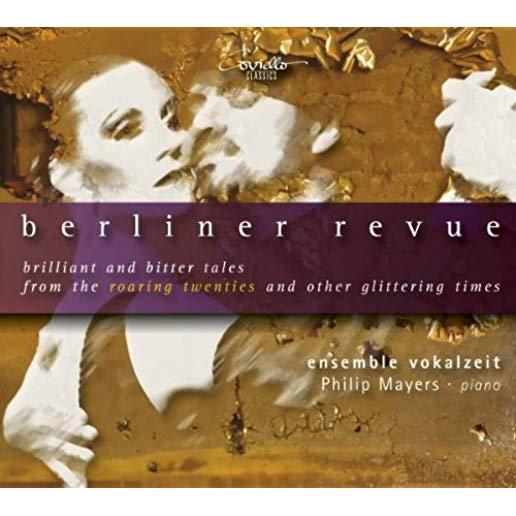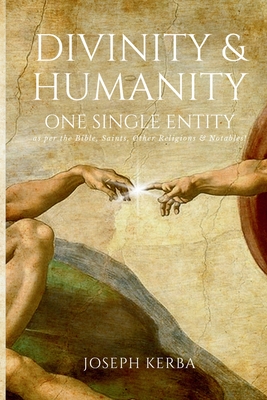
description
verdue, with unqualified persons claiming to fill the gap only to muddy the waters further. Simplifying the processes involved is unhelpful; what is required is to render them comprehensible and 'user friendly' in a time where they are regaining their deserved prestige as monuments of a tradition preceding the Christian era while nonetheless rooted in it. These processes are demanding and require both work and study in order to succeed. So too the 'by rote' attitude exhibited by some writers on the subject requires a counterblast. Forging and reforging grimoires has always been a part of their real nature, in a metallurgical as well as a literary sense. Ritual composition from scratch is a neglected but necessary skill, requiring a qualified and informed approach, which the current work addresses. So too this handbook departs from the homogenised 'Solomonic' form, drawing instead on the great iconoclast and revitaliser of tradition, Paracelsus. While avoiding Christophobia, the implications for a more pagan (or pagan friendly) approach to the grimoires, compatible with the Greek Magical Papyri and other predecessor forms, are greatly increased by this shift of emphasis.
Welcome to the Night School.
member goods
No member items were found under this heading.
notems store
listens & views

BERLINER REVUE: BRILLIANT & BITTER ...
by NOSTALGIA / ENSEMBLE VOKALZEIT / MAYERS
COMPACT DISC$19.25
Return Policy
All sales are final
Shipping
No special shipping considerations available.
Shipping fees determined at checkout.






